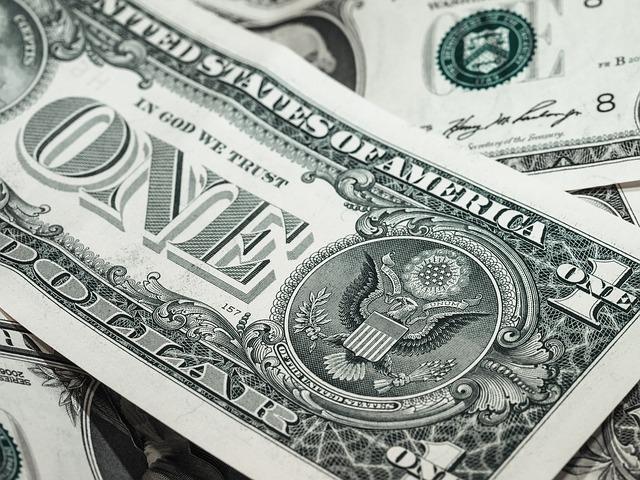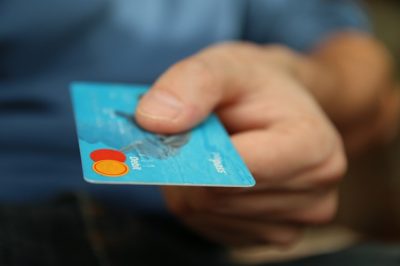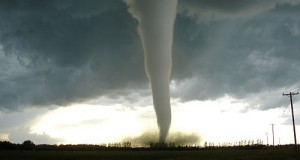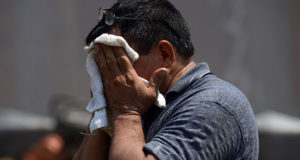|
Listen To The Article
|
The use of plastic currency is very common in today’s world. In fact, stores that don’t accept debit and credit cards are becoming anomalies.
However, a little cash stash should always be included in everyone’s everyday carry supplies. There are many reasons why cash money could become important, ranging from purely convenience to absolute necessity.
When might cash matter? Aside from the idea that practicing a cash-only personal finance is a great way to keep from spending more than you can afford, cash can bail you out of sticky situations.
Off-grid establishments still exist. From a remote country gas station to a rustic hiking hostel to a roadside farm stand, you never know when you might need a little cash money to pay for what you want. Encountering a place which lacks the capability to accept plastic payment is still not that uncommon, particularly in rural areas.
Imagine the serendipity of being out for a drive and happening upon a delightful little mom-and-pop diner with the smells of your favorite food wafting from the kitchen—only to discover that they accept cash only and you have none. Sure, you could make the drive to the nearest ATM, some 10 miles of winding country road each way, but you probably would not.
Sometimes even when establishments do accept plastic, it is nice to have a little cash on hand. Paper money can make splitting the check or paying your share of the tip easier, and it is convenient to have a few dollars in your wallet when all you want is a soda or pack of gum.
Bad Stuff Happens
Having cash makes it easier to buy direct from individuals. Transactions such as getting a great deal on a vintage bureau on Craigslist or scooping up a baby stroller at a garage sale are easier with cash for everyone involved. You also might want to avail yourself of a chance to get in on a friend’s bulk purchase by buying just one pair out of a dozen gloves or a small bag of artisan flour out of a 50-pound sack. It also would be a shame to pass up a purchase of fresh delectable produce at a stand beside the road, or to miss an opportunity to donate a few dollars to a good cause because you did not have money handy to do so.
Having cash on hand also can be more than just a matter of convenience. Stuff happens. Stuff like forgetting your purse at a friend’s house—or your wallet in your other jacket pocket—and not realizing it until your gas tank is too low to go back for it. And stuff like searching for a store at midnight when you suddenly realize you are completely out of disposable diapers and finding that the only store open has a broken card machine until the repairperson arrives the next morning. And even stuff like rushing to a meeting and not having cash for a toll highway or parking area and ending up late because of detour.
Crazy Gadget Makes Every Window A Cell Phone Solar Charger
And those possible situations are just everyday occurrences. If a minor emergency were to happen, the need for cash could become even more important. In the event of something like a power outage, small stores without generators would be able to serve only cash customers. If the precipitating event continued, generators in larger places could eventually fail, as well.
In the event of a major disaster, cash will be vital, at least for a period of time. In a true catastrophe, it is possible that all representative currency could eventually become valueless. But in the interim, having cash could mean the difference between comfort and suffering, and could possibly contribute to your very survival.
The advice to always keep cash on hand is all well and good, but is not easy to do. Probably the biggest barriers to stashing cash are related to how difficult it is to avoid spending the money as fast as you get it. There is no magic bullet, but everyone can do it.
As far as pocket money goes, for those little gotchas like emergency gas and unforeseen parking fees and middle-of-the-night baby necessities, it makes sense to keep the stash in your car. One way to do this is to keep a little covered dish—a recycled pint container such as the ones sour cream or cottage cheese come in—in your car. Tuck it away out of sight so thieves cannot see it. Start out by just dropping your coins into it every time you get change in the drive-through or coins back at a toll booth. Add a few bills here and there as you can spare them, never enough so you miss the money but sufficient to add up over time.
If the container-at-your-fingertips idea works for you, great. If, however, you cannot resist frequently dipping into your money dish, try hiding a little money in areas of your car that are less convenient to access. Most cars have places to stow items so that they are not accessible to the driver. Try tucking some money away in the trunk or under the back seat, and when you are faced with the choice of pulling over and digging out a stashed $10 bill versus dipping into your wallet, you will choose the latter.
Once you know you have a solid emergency stash in the back of the car, keep trying to keep a money container within reach. Eventually, you can make it work.
Building up a supply of money at home for true disasters works on the same principle. Start small and move up, with a $5 in a decorative cookie jar and $20 in an empty toothpaste box in the bathroom cabinet and another few bills tucked between the pages of an old book. Choose hiding spots in places you don’t look in often, and in places where would-be thieves may not find, either.
But where does this money come from to begin with if you are in the habit of using exclusively plastic and electronic transactions? You will need to be proactive about it, especially at first. You can get a little cash back every time you use a card at the grocery store, withdraw money from your account at an ATM, or develop a habit of doing more trading in cash.
There is no disputing the fact that we are quickly becoming a cashless society, and I am not suggesting that we can or should resist that trajectory. But I do maintain that everyone needs to have a little cash, on their person, in the car, or at home—and preferably all three—for convenience and emergencies.
Do you agree or disagree? Share your thoughts in the section below:
Are You Prepared For A Downed Grid? Read More Here.
 Off The Grid News Better Ideas For Off The Grid Living
Off The Grid News Better Ideas For Off The Grid Living





